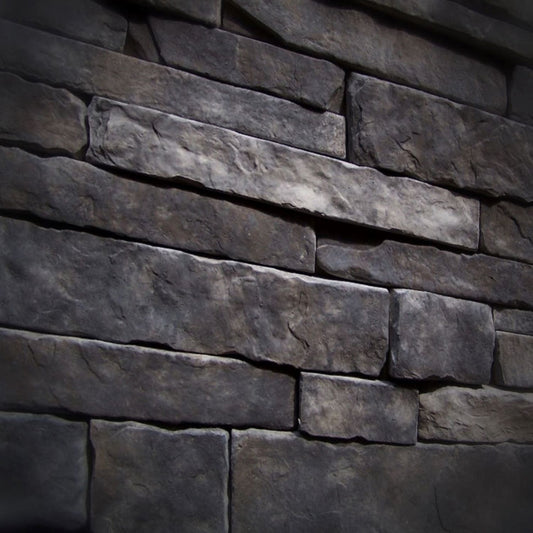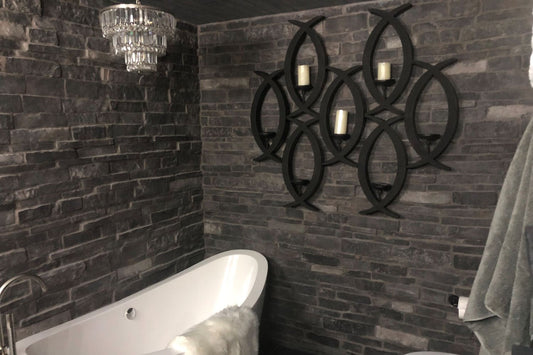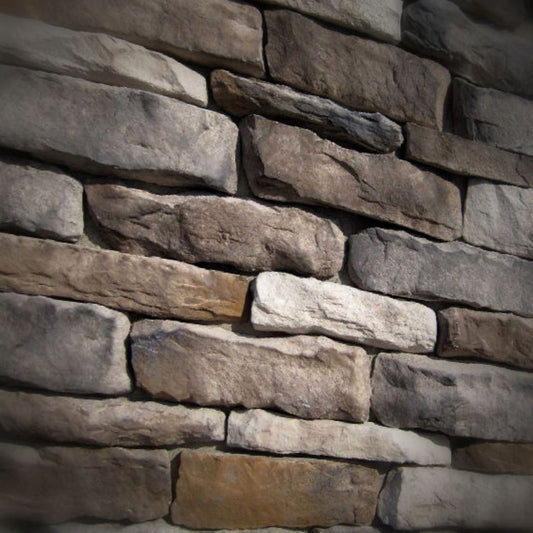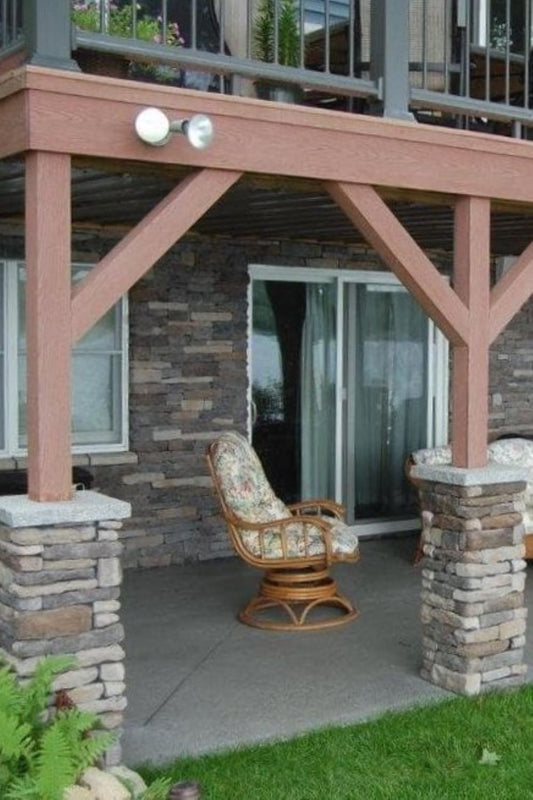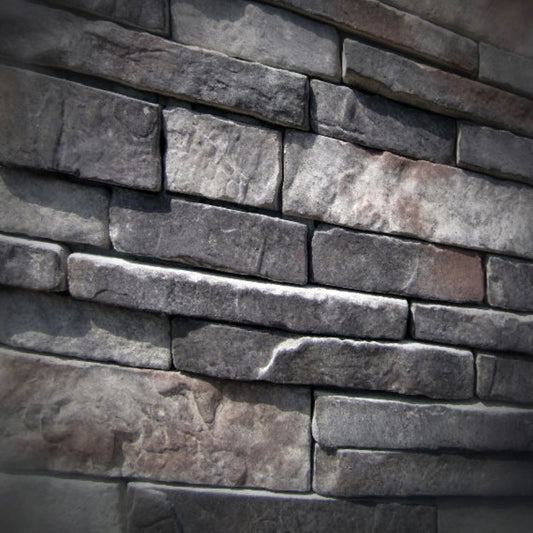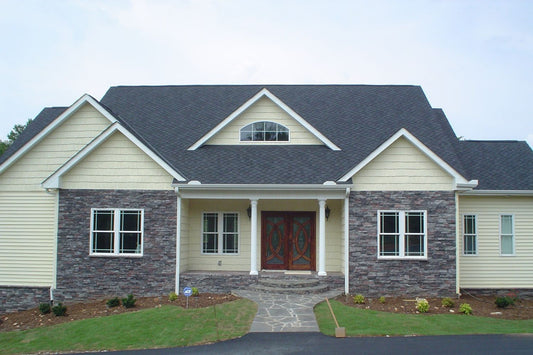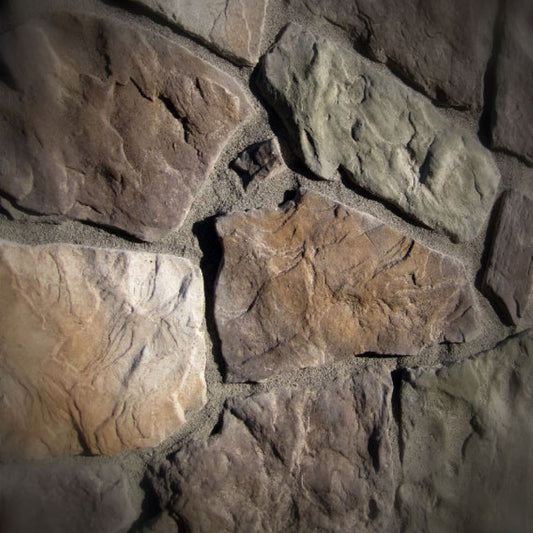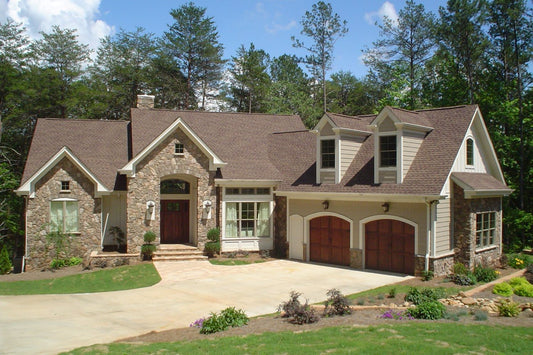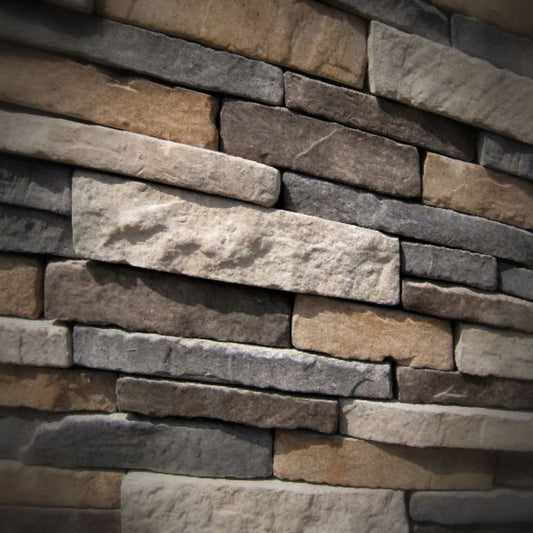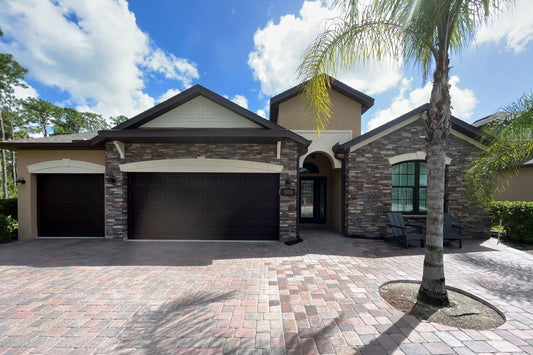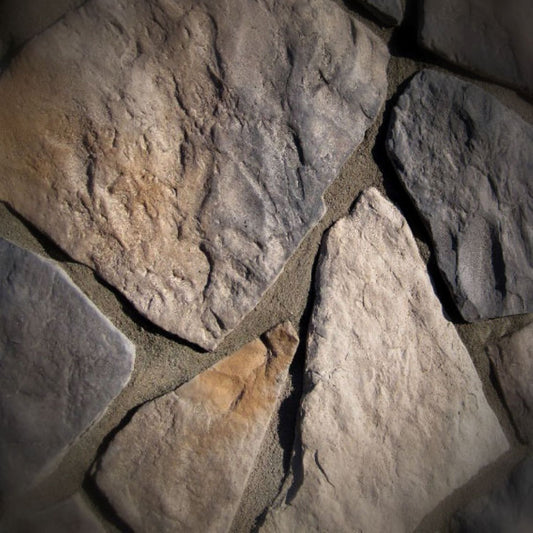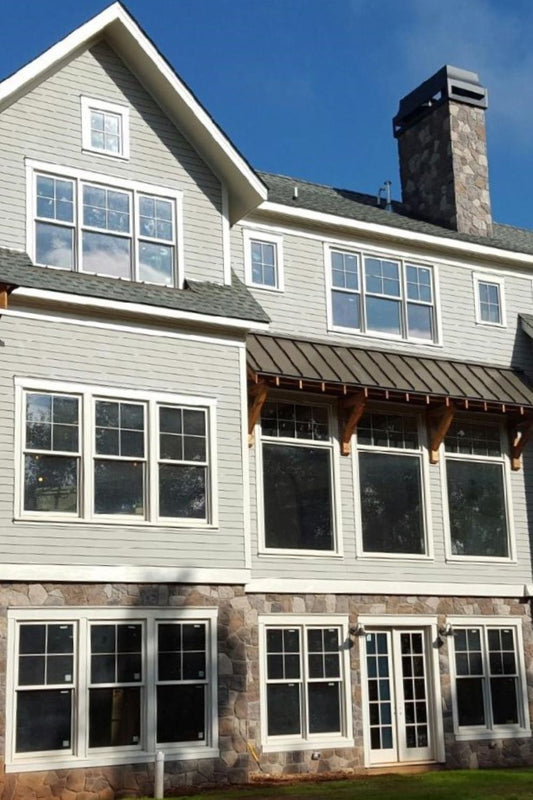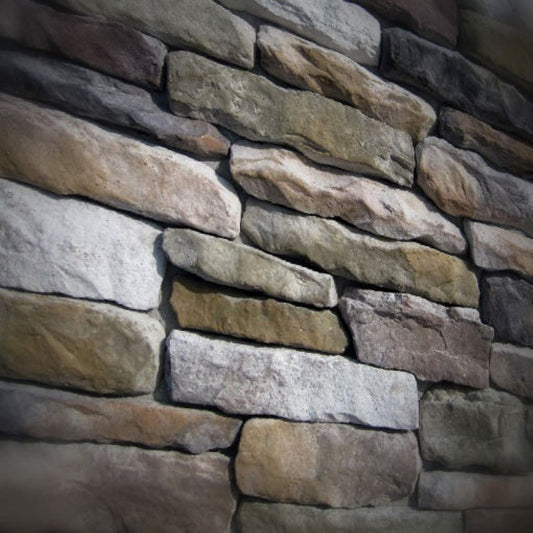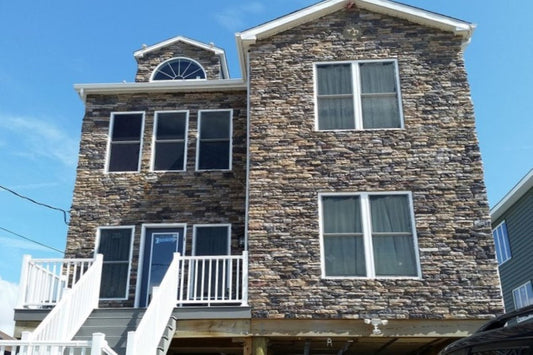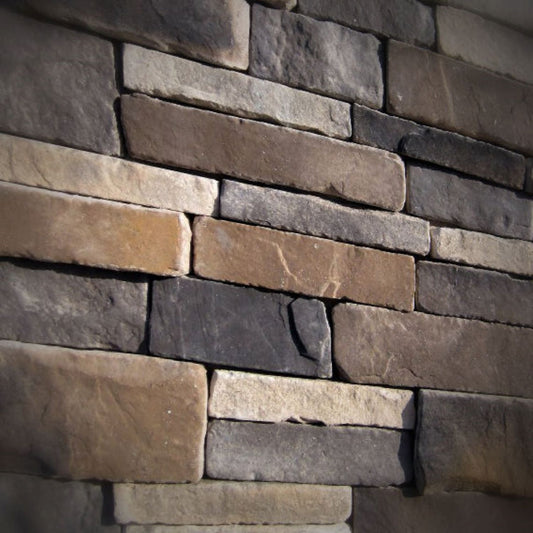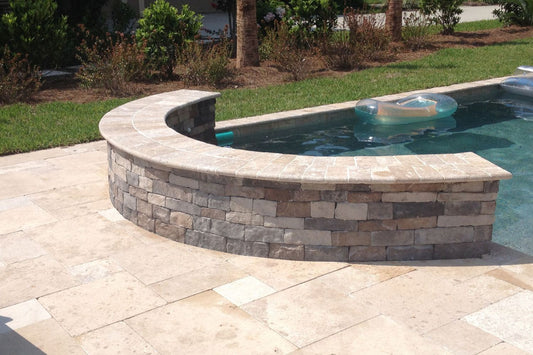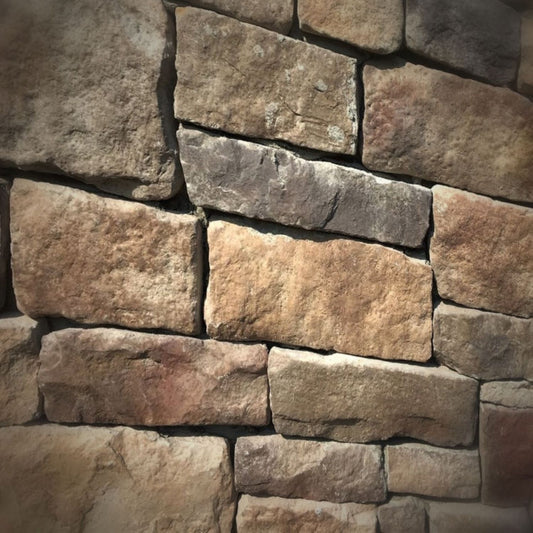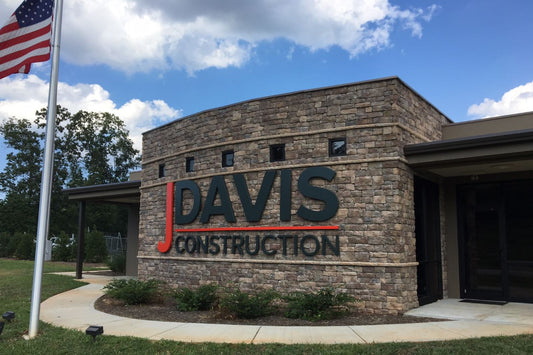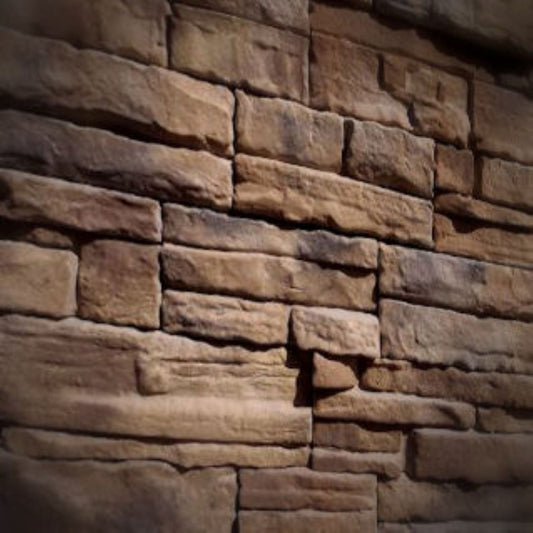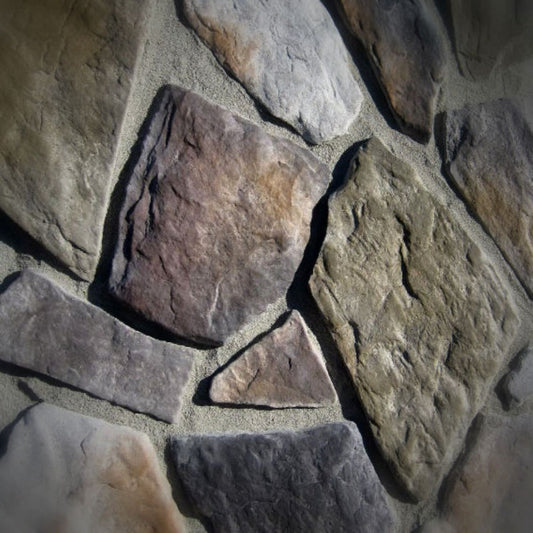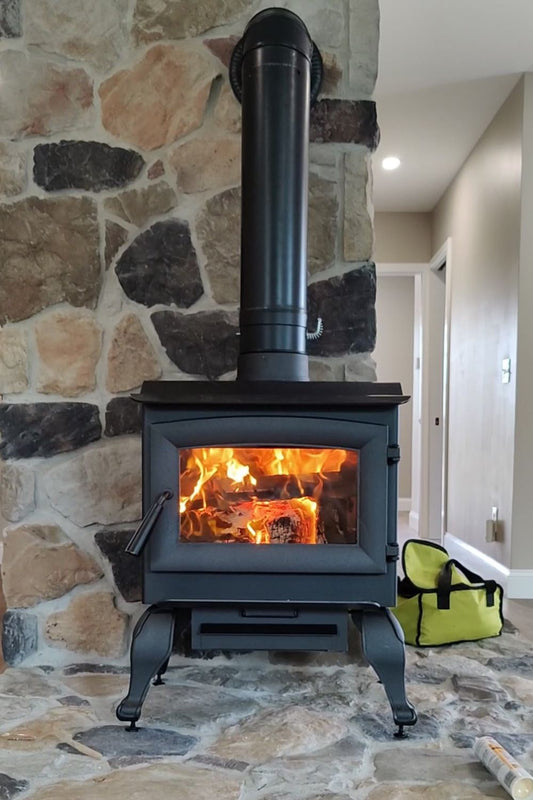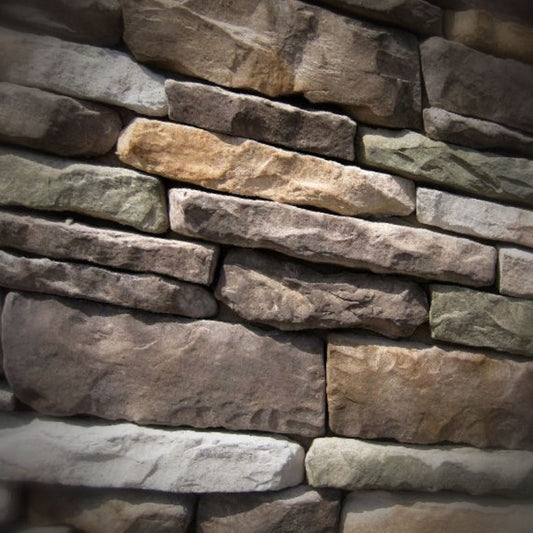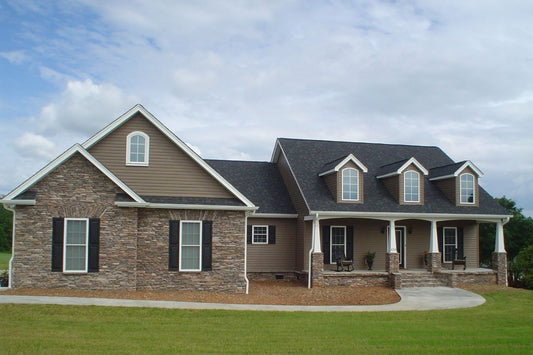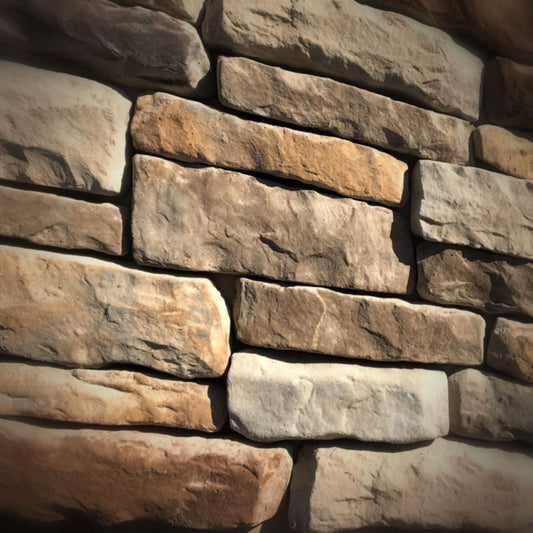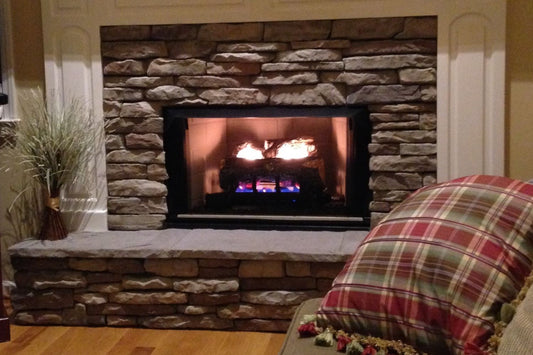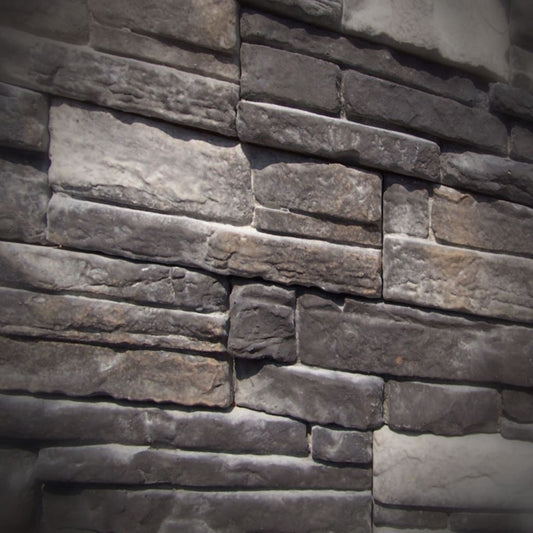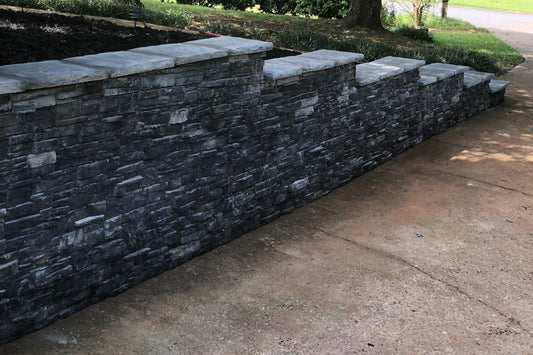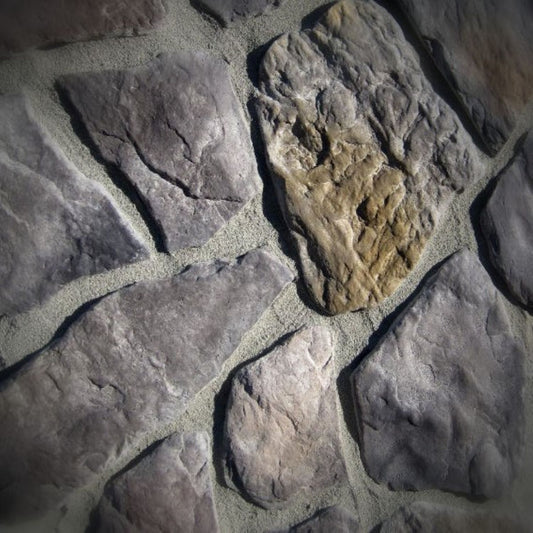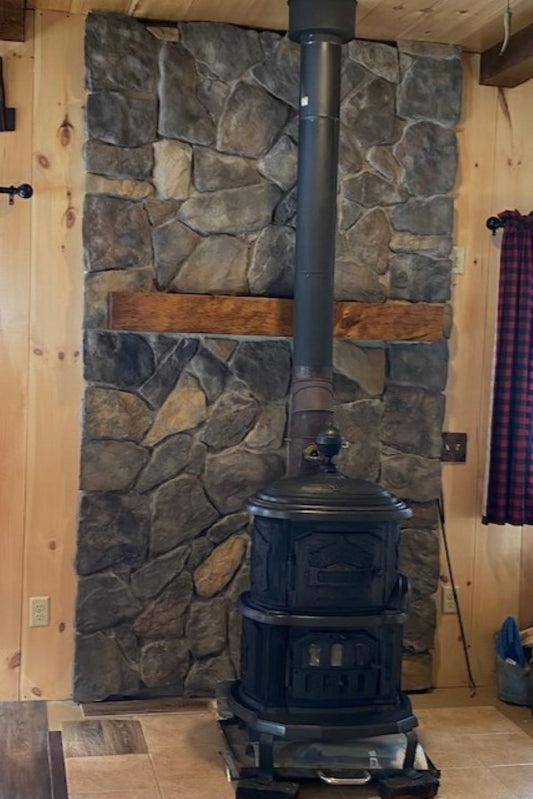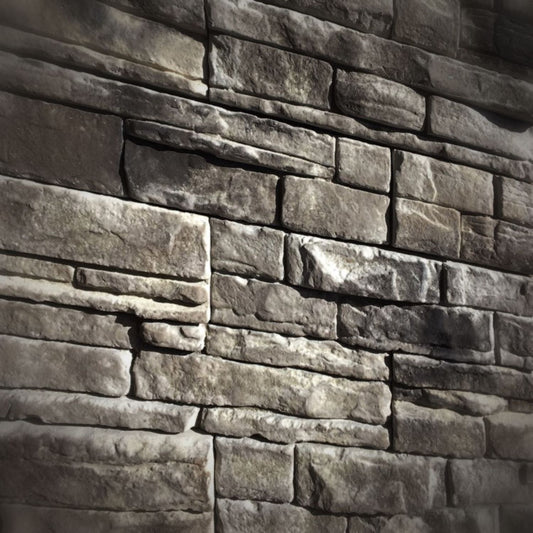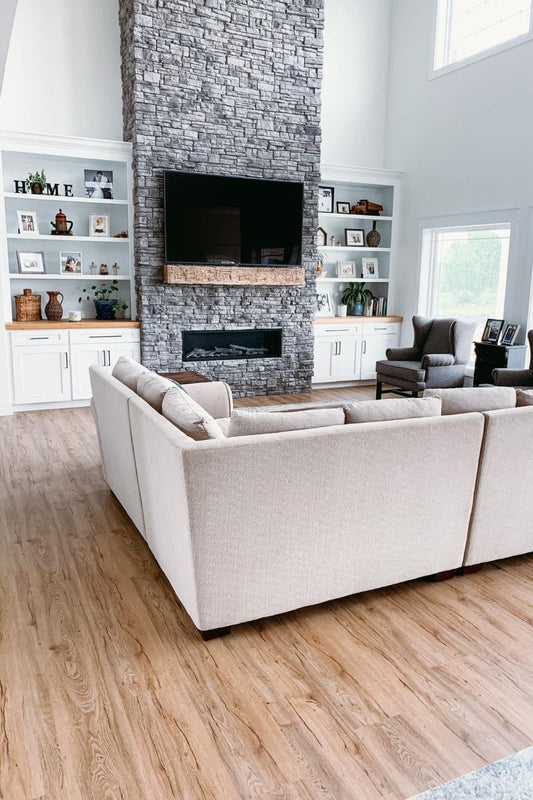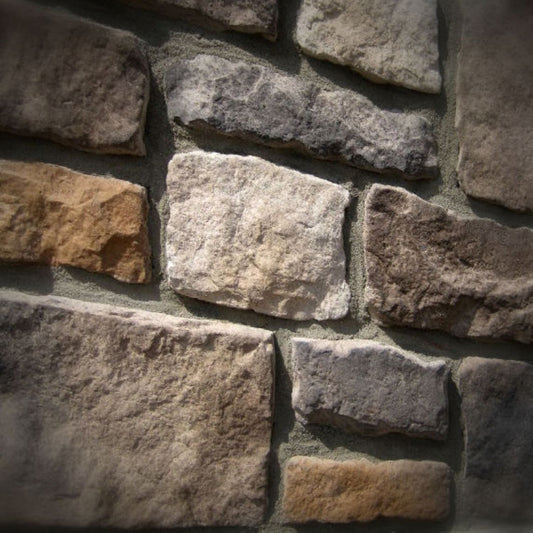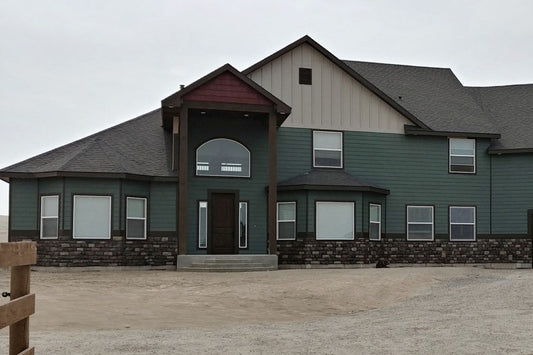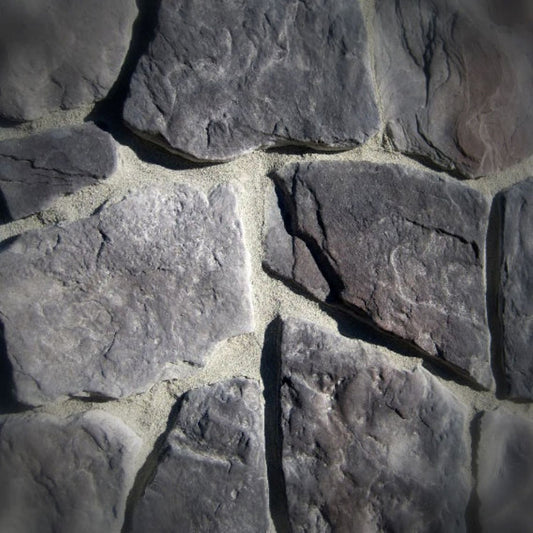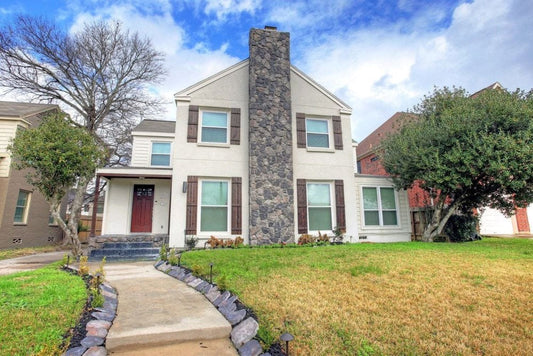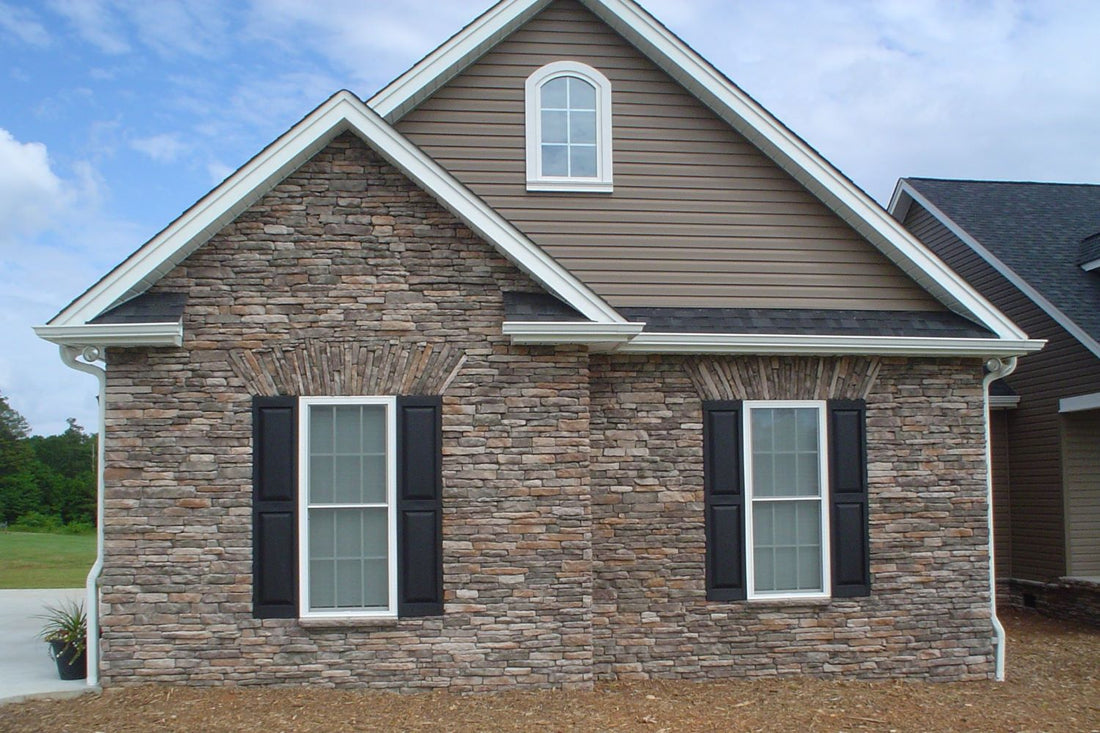
Is Stone Veneer Heavy?
Share
When planning a renovation or new build, one of the most common questions homeowners ask is: is stone veneer heavy? The answer depends on the type of product you’re comparing it to. Manufactured stone veneer is significantly lighter than full-thickness natural stone, but it’s typically heavier than faux stone panels made from polyurethane or other composites. Understanding the weight and cost differences helps you choose the right material for your project, whether it’s an exterior façade, fireplace surround, or feature wall.
How heavy is manufactured stone veneer?
Manufactured stone veneer is designed to look and feel like real stone but with much less weight. On average, manufactured stone veneer weighs 8 to 12 pounds per square foot. This makes it suitable for both exterior and interior applications without needing the same structural reinforcement that natural stone requires. Because it is lighter, manufactured stone veneer is easier to transport, cut, and install, helping reduce labor costs and making it a popular choice for DIYers and contractors alike.
Natural stone: the heavier alternative
Full-bed natural stone is the heaviest option. Depending on the type of stone and thickness, natural stone can weigh 25 to 50 pounds per square foot or more (depending on the specific stone's thickness and density, which can range from 2 to 6 inches or more). This extra weight requires additional structural support, such as footings, load-bearing walls, or reinforced framing. While natural stone offers unmatched authenticity, the installation is more complex and often requires professional masons. In other words, natural stone is best for projects where budget, structural support, and skilled labor are readily available.
Faux stone panels: lightweight but more expensive
On the opposite end of the spectrum are faux stone panels, typically made from high-density polyurethane or similar lightweight materials. These panels can weigh as little as 1 to 2 pounds per square foot. Because of their light weight, faux stone panels are extremely easy to install, often requiring only screws and adhesive. They’re ideal for quick updates and projects where minimal tools and time are available. However, this convenience comes at a price, faux stone panels are usually more expensive per square foot than manufactured stone veneer, even though they don’t offer the same long-term durability or realism.
Which option is right for you?
1. Choose natural stone if you want maximum authenticity and don’t mind higher costs and structural considerations.
2. Choose manufactured stone veneer if you want the perfect balance of durability, realism, and affordability.
3. Choose faux stone panels if speed and ease of installation outweigh cost and long-term durability.
Frequently asked questions
1. Is manufactured stone veneer too heavy for interior walls? No. Manufactured stone veneer is lightweight enough for most interior walls without additional structural reinforcement. Proper installation with mortar or panel systems ensures stability.
2. Can I install manufactured stone veneer over drywall? Not directly. Drywall must be prepared with a proper substrate such as cement board, metal lath, and mortar before installing stone veneer.
3. How does weight affect shipping costs for stone veneer? Because manufactured stone veneer is lighter than natural stone, it costs less to ship. Faux stone panels are even lighter but may still be more expensive overall due to higher material costs.
4. Does the weight of stone veneer impact durability? Not necessarily. While natural stone is denser and more durable, high-quality manufactured stone veneer is designed to withstand weather, freeze-thaw cycles, and everyday wear.
5. Can stone veneer be used on upper stories of a house? Yes. Its lighter weight compared to natural stone makes manufactured stone veneer an excellent choice for second-story applications.
Is stone veneer heavy?
So, is stone veneer heavy? Compared to natural stone, no, it’s much lighter and easier to work with. But when compared to faux stone panels, it’s heavier, more durable, and usually more cost-effective. For most homeowners and contractors, manufactured stone veneer is the ideal middle ground: not too heavy, not too light, and the best balance of realism, affordability, and long-term performance.
You may also like
Stone veneer or faux stone panels? Which is best for your project.
How thick is manufactured stone veneer? Sizes and dimensions explained.
Common mistakes in stone veneer installation: What to avoid.
What's next?
Transform your space with premium stone veneer. Order a sample to feel the authentic texture and see the rich colors up close or shop now to start your project and achieve a timeless look built for lasting beauty and durability.
Have a question?
Please see our full terms of service.
For general information and questions please call: (864) 882-8960 Mon. - Fri. 8am - 5pm (EST) or email: info@mountainviewstone.net we are more than happy to help you.
Or you can submit your questions via our contact us page.
We look forward to working with you on your upcoming project.
The Black Bear Mountain Stone Team

